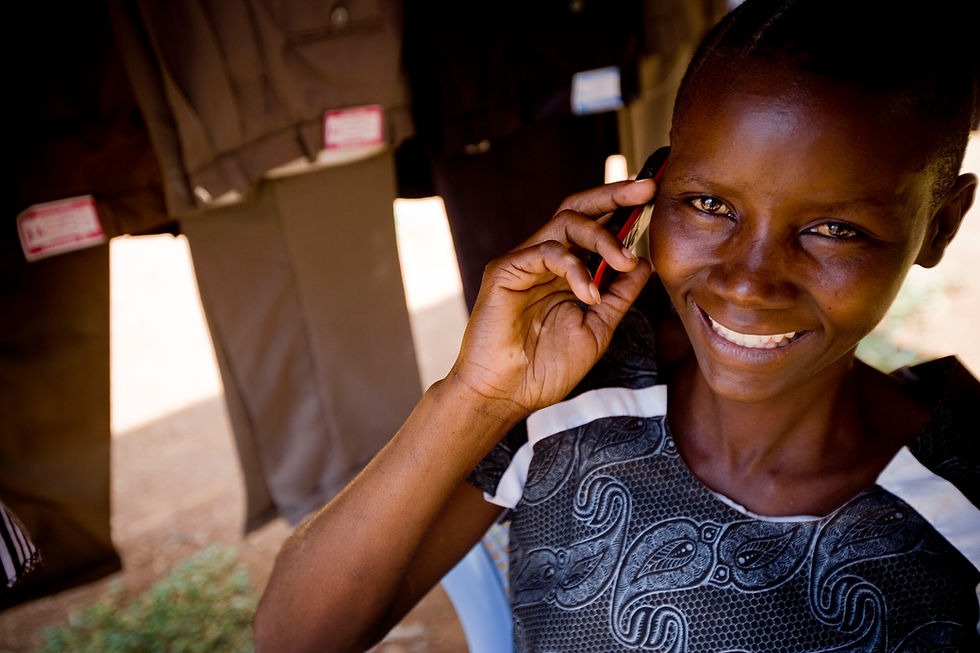D
Our Stories
Gender
equality
inclusive governance
increase resilience
economic empowerment
Our Approach




Gender Equality and Women's Voices
The objective of this program is to contribute to gender equality and the increased enjoyment of human rights by women and girls in Kenya by improving the management, programming, and sustainability of local women’s rights organizations (WRO), enhancing their ability to deliver quality services, and increasing the effectiveness of Kenyan women’s rights platforms.
OUR APPROACH




OUR APPROACHES
Economic Empowerment
CARE works to provide opportunities for enhancing women and girl’s economic capacities and strengthens economic self-reliance by fostering sustainable and affordable access to economic opportunities and rights. CARE’s work focuses on Village Savings and Loan Associations (VSLAs), Financial Education/Literacy, Linkagest of financial institutions, Market Access and Engagement, Implementation of Poverty Graduation Model and Micro-enterprise Development.



Increase Resilience
The resilience program focuses on enhancing informed decision making by Women and Girls in Arid and Semi-Arid Lands (ASALs) of Kenya to diversify risk, increase resilience and respond to their needs. CARE Kenya has been operating in ASAL areas of northeast Kenya since 2001.
OUR APPROACHES


OUR APPROACHES
Inclusive Governance
CARE works to create an enabling environment, building responsive institutions and supporting inclusive participation at County level. Key focus is put on decision making as regards to economic empowerment, health, food security, WASH and Climate Change.

Our Programs
CARE Kenya’s Food and Nutrition Security and Climate change program seeks to empower vulnerable rural communities and enhance their food and nutrition security and resilience and adaptation to climate change through various multi-pronged approaches including food security and economic development, water for multiple uses, disaster risk reduction, community based climate change adaptation and agricultural value chains making the markets work for the poor.

1
CARE KENYA PROGRAMS
Food, Nutrition Security and Climate Change
1
Projects

2
CARE KENYA PROGRAMS
Women Economic Empowerment
This program provides opportunities for enhancing women’s and girls’ economic capacities and strengthens economic self-reliance by fostering sustainable and affordable access to economic opportunities and rights. Current projects focus on Village Savings and Loaning Associations, Financial Education/Literacy, Rural Sales Agents, and Micro enterprise development, Linkages to formal financial institutions, Market engagement and Poverty Graduation Models.
Projects

3
CARE’s health and nutrition program focuses on improving the health system, and working with communities to ensure they adopt behaviours and practices that enhance good health at both individual and community levels. CARE also builds social accountability between communities and health service providers in order to build quality services that are responsive to the needs of communities.
Health and Nutrition
CARE KENYA PROGRAMS
Projects
Projects

4
CARE KENYA PROGRAMS
Emergency and Humanitarian Assistance
Kenya’s emergency and humanitarian assistance program provides crucial support to communities affected by droughts, floods and other related emergencies in affected counties. Through the Refugee Assistance Program (RAP), under the mandate of UNHCR, CARE works in partnership with other agencies to provide relief and development assistance to refugees within the Dadaab region for over 25 years.

5
CARE KENYA PROGRAMS
Water Sanitation and Hygiene
Water, sanitation and hygiene (WASH) has been and remains CARE’s core business. CARE has contributed enormously to the country’s efforts of improving access to safe water which now stands at 51% nationally, modest sanitation and good hygiene practices. Over the years CARE’s WASH programming approach has evolved from just humanitarian intervention to a major driver and catalyst of improving households’ incomes through food production, livestock keeping and environmental hygiene. Diversified approaches have been used including working directly with communities, institutional based WASH activities targeting public schools and health facilities, as well as through partnerships with other actors.


















